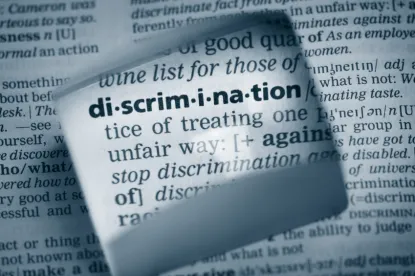Following years of uncertainty in the courts as to whether hair discrimination constitutes race discrimination, California was the first state to adopt a law called the CROWN Act, in 2019. The CROWN Act, which stands for “Creating a Respectful and Open World for Natural Hair,” prohibits hair discrimination in employment and education.
Since that time, many states have passed versions of the CROWN Act, but courts have varied in holding whether hair discrimination is prohibited by federal law. That may change.
The U.S. House of Representatives has passed a bill (H.R. 2116) that would prohibit “discrimination based on a person’s hair texture or hairstyle if that style or texture is commonly associated with a particular race or national origin.” Specifically, the bill prohibits this type of discrimination against those participating in federally assisted programs, housing programs, public accommodations, and employment. Under the bill, hair texture or protective hairstyles, including braids, locs, twists, or bantu knots, would be given federal protection from discrimination.
The bill goes to the Senate for consideration.
This is a good time for employers to review their grooming policies.




 />i
/>i

